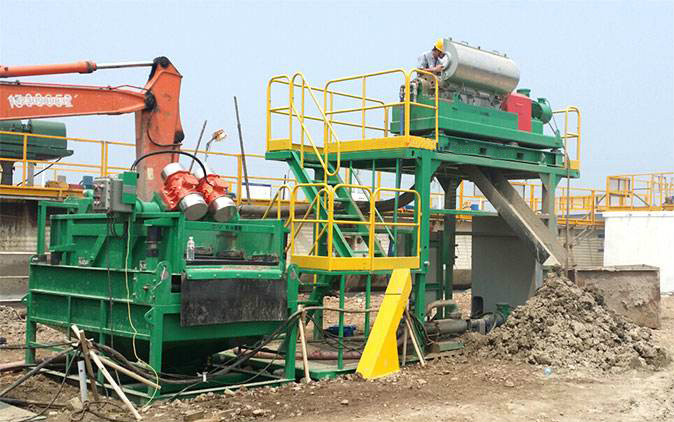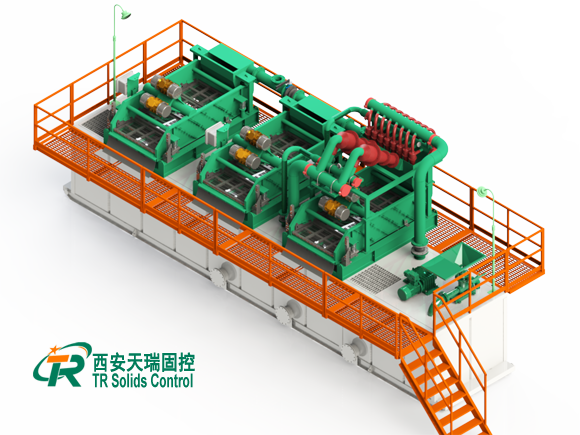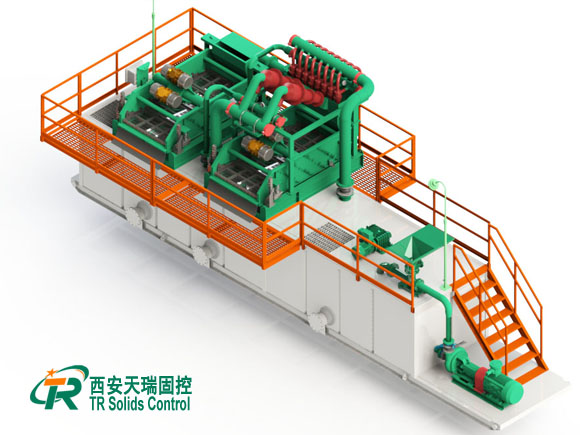Sources of Waste Drilling Mud and Its Impact on Environment
1、 Sources of drilling waste mud
In the process of oil and gas exploration and development drilling, drilling mud is an important guarantee to improve the drilling efficiency, which plays a role in supporting well side, lifting cuttings and cooling bit. At the same time, it also plays the role of lubricating drilling tools, improving drilling speed, preventing well from protecting production layer, and is an essential material to ensure the smooth drilling work. In order to achieve the purpose of safe and rapid drilling, more and more types and quantities of drilling fluid and chemicals are used, which will inevitably produce a lot of waste.
Drilling solid waste includes drilling mud and cuttings extracted from the drilling process, and the waste mud is the largest content of drilling waste. The requirements of drilling technology for mud are higher and higher, the mud system is increasing day by day, and the formula is more and more complex, generally containing heavy metals, oil, alkali and other compounds. In the process of mud circulation, waste slag and waste slurry need to be continuously removed, and all of them need to be removed after the completion of drilling, and become waste slurry. Due to the characteristics of oil drilling field operation, almost all the waste at the construction site is discharged and stored in the waste mud storage pit. Finally, a multiphase stable colloidal suspension mixture composed of clay, weighting materials, various chemical treatment agents and associated sewage, oil and water, drilling cuttings and so on is formed.

2、 Impact of drilling waste mud on Environment
Due to the complex composition of drilling waste mud, the impact on the environment is also multifaceted.Due to the high fluidity of drilling production, the pollution area is large and the area is wide.
- Salt, alkali and drilling cuttings of salt rock in waste drilling fluid not only cause soil hardening, but also inhibit the absorption of nitrogen and phosphorus by crops. Meanwhile, the migration of soluble salt will pollute groundwater.
- Heavy metal ions such as chromium ion, lead ion and so on are very difficult to be degraded by plants passively, which will affect the growth of plants and the reproduction of microorganisms in the soil, and these heavy metal ions will enter the human body through the food chain. It is harmful to human health and safety.
- After oil enters the water body, it forms floating oil, which affects the exchange of oxygen between air and water.
- Sulfide in water is easy to disperse in the air from the water, which produces odor and has toxicity.
Therefore, it is of great significance to the purification of drilling mud.






Leave a Reply